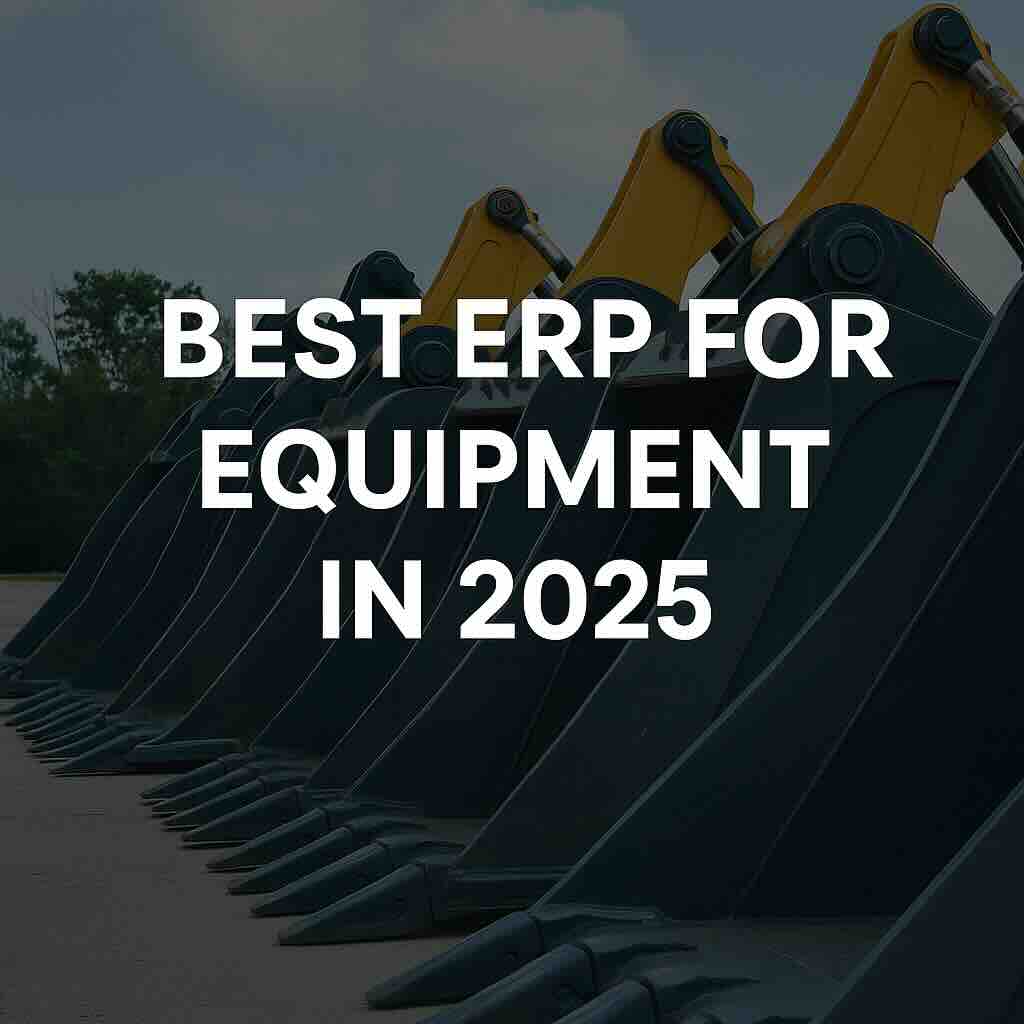What is Oracle OCI?

Understanding Oracle’s Cloud Infrastructure
In the ever-expanding universe of cloud computing, Oracle Cloud Infrastructure (OCI) has carved out a significant place. For businesses considering a leap into the cloud or looking to switch providers, understanding what Oracle OCI offers is essential.
Introduction to Oracle OCI
Oracle Cloud Infrastructure combines the elasticity and utility of public cloud with the granular control, security, and predictability of on-premise infrastructure. It’s Oracle’s answer to providing a comprehensive cloud computing platform designed to support traditional and cloud-native workloads with superior performance and cost-effectiveness.
Core Components of Oracle OCI
- Compute Services: It provides a range of compute options including VMs, bare metal servers, and container-based services, catering to diverse workload requirements.
- Storage Services: Offers a variety of storage solutions like block storage, file storage, and object storage, ensuring scalable and secure data storage options.
- Networking: Features a robust network infrastructure with fast connectivity, low-latency virtual networking, and secure connections, including VPN and FastConnect services.
- Database Services: Specializes in offering Oracle databases in the cloud, with options for autonomous operations, high availability, and unmatched performance.
- AI and Machine Learning: Integrates AI and machine learning tools and services, enabling businesses to develop intelligent applications and analytics capabilities.
Advantages of Oracle OCI
- High Performance and Scalability: It is engineered for high-performance computing needs, offering powerful compute and storage capabilities that scale with business needs.
- Security and Compliance: A core focus on security with layers of defense across physical, infrastructure, and operational levels. OCI adheres to global compliance standards, providing a trustworthy cloud environment.
- Hybrid and Multi-Cloud Capabilities: With OCI, businesses can seamlessly manage hybrid cloud environments and interoperate with other public clouds, offering greater flexibility and choice.
- Cost-Effective Solutions: OCI offers competitive pricing models, including pay-as-you-go and subscription options, making it a cost-effective choice for many businesses.
- Robust Oracle Ecosystem Integration: For businesses already in the Oracle ecosystem, OCI provides seamless integration with other Oracle products and services.
Potential Limitations of Oracle OCI
- Complexity in Transition: For businesses new to Oracle or cloud computing, the transition to OCI can be complex, requiring significant effort and expertise.
- Learning Curve: Understanding and maximizing the benefits of the full suite of OCI services may require a learning curve, especially for teams not familiar with Oracle products.
- Market Perception: As Oracle joined the cloud market later than some of its competitors, there’s a perception issue to overcome, despite its advanced offerings.
Oracle OCI in the Cloud Landscape
Oracle’s entrance into the cloud infrastructure market with OCI is a bold move, showcasing its commitment to evolving technology trends. OCI is positioned as a strong competitor to other established cloud service providers, offering distinctive features and benefits, particularly in high-performance computing, security, and Oracle database services.
Conclusion
Oracle Cloud Infrastructure presents a compelling option for businesses looking to leverage the cloud for their operations. Its focus on performance, security, and integration with Oracle’s extensive suite of applications makes it a notable choice, especially for enterprises that prioritize these factors. As the cloud computing landscape continues to grow and evolve, OCI is set to be a key player, offering solutions that meet the demands of modern business operations.
To compare Oracle with 100s of other ERP solutions, you can use our new AI-powered Compare ERP tool. It’s free to use and you get a guaranteed discount on your first year’s licence fees with a referral from Compare ERP.









